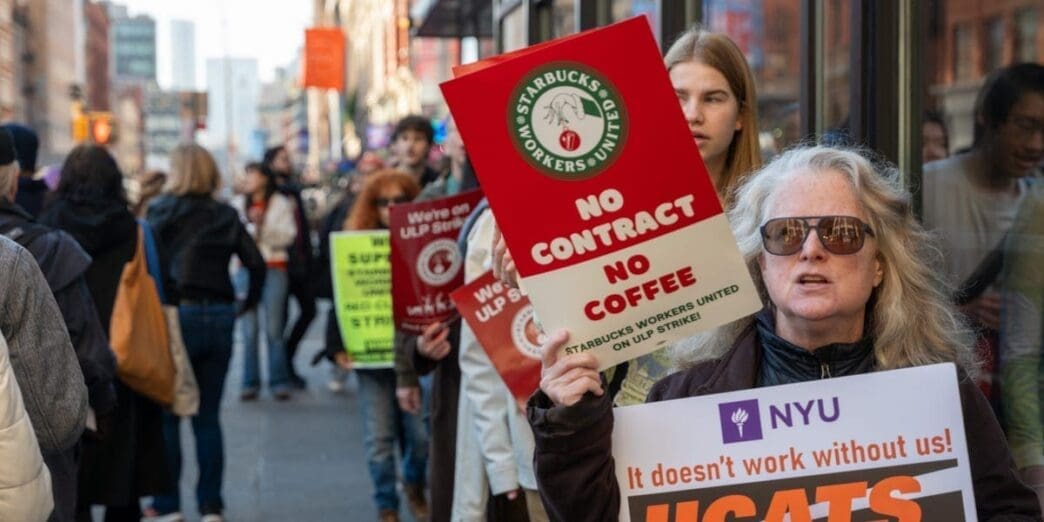In a significant development for labor relations within the retail industry, a major barista union has voted to initiate a nationwide strike against a leading coffee chain. The decision comes after repeated grievances over unresolved unfair labor practice cases and inadequate pay negotiations.
The barista union, representing over 10,000 workers, announced that an overwhelming 98% of its members voted in favor of the strike. This move is an escalation in the ongoing dispute with the coffee company, which operates more than 11,000 stores across North America. The union’s decision to strike is rooted in dissatisfaction with the company’s handling of labor practice complaints and failure to present a comprehensive pay proposal.
According to a statement given to CNBC, the union cited numerous unfair labor practice cases that have yet to be resolved as a primary catalyst for the strike. The union’s grievances also include the lack of a significant pay package on the negotiating table, which they argue is essential for maintaining a fair working environment. The strike authorization underscores the growing tension between the company’s management and its workforce.
In response, the company expressed disappointment with the union’s decision to consider a strike, emphasizing the progress made during negotiations. A company spokesperson highlighted that since April, there have been over eight multi-day bargaining sessions resulting in more than thirty agreements on various topics important to the union, including economic issues. Despite these efforts, the company acknowledges the union’s stance and the challenges it poses to ongoing discussions.
Additionally, the coffee chain has been adjusting its employee benefits policy. Recently, CEO Brian Niccol announced enhancements to the parental leave policy starting in March. Birth parents will receive up to 18 weeks of paid leave, while non-birth parents will be eligible for up to 12 weeks, a substantial increase from the current offering. This change was made after feedback from employees indicated that the existing leave was insufficient.
The company has experienced financial setbacks with a 7% decline in comparable sales, including a 6% decrease in its U.S. market. Sales in China also fell by 14%, contributing to a net revenue drop of 3% from the previous year. These financial challenges arise alongside labor disputes, further complicating the company’s efforts to stabilize its operations and workforce relationships.
In June 2023, over 150 unionized stores participated in a strike to protest the company’s perceived hypocritical treatment of LGBTQIA+ workers. At that time, the coffee chain described union claims as spreading false information about its policies and negotiation efforts. The union’s current nationwide strike authorization indicates that unresolved issues persist, posing an ongoing challenge for the company as it navigates employee relations.
The impending nationwide barista strike highlights the significant challenges facing the coffee company’s labor relations strategy. As the situation unfolds, both the union and corporate management will have to navigate complex negotiations to achieve a resolution that addresses the concerns of baristas while ensuring the company’s operational stability.
Source: Businessinsider








